
The Urgent Need to Address the Growing Burden of Cancer in Women in the Eastern Mediterranean Region
-
Dr. Nouha Belaid
- May 2024
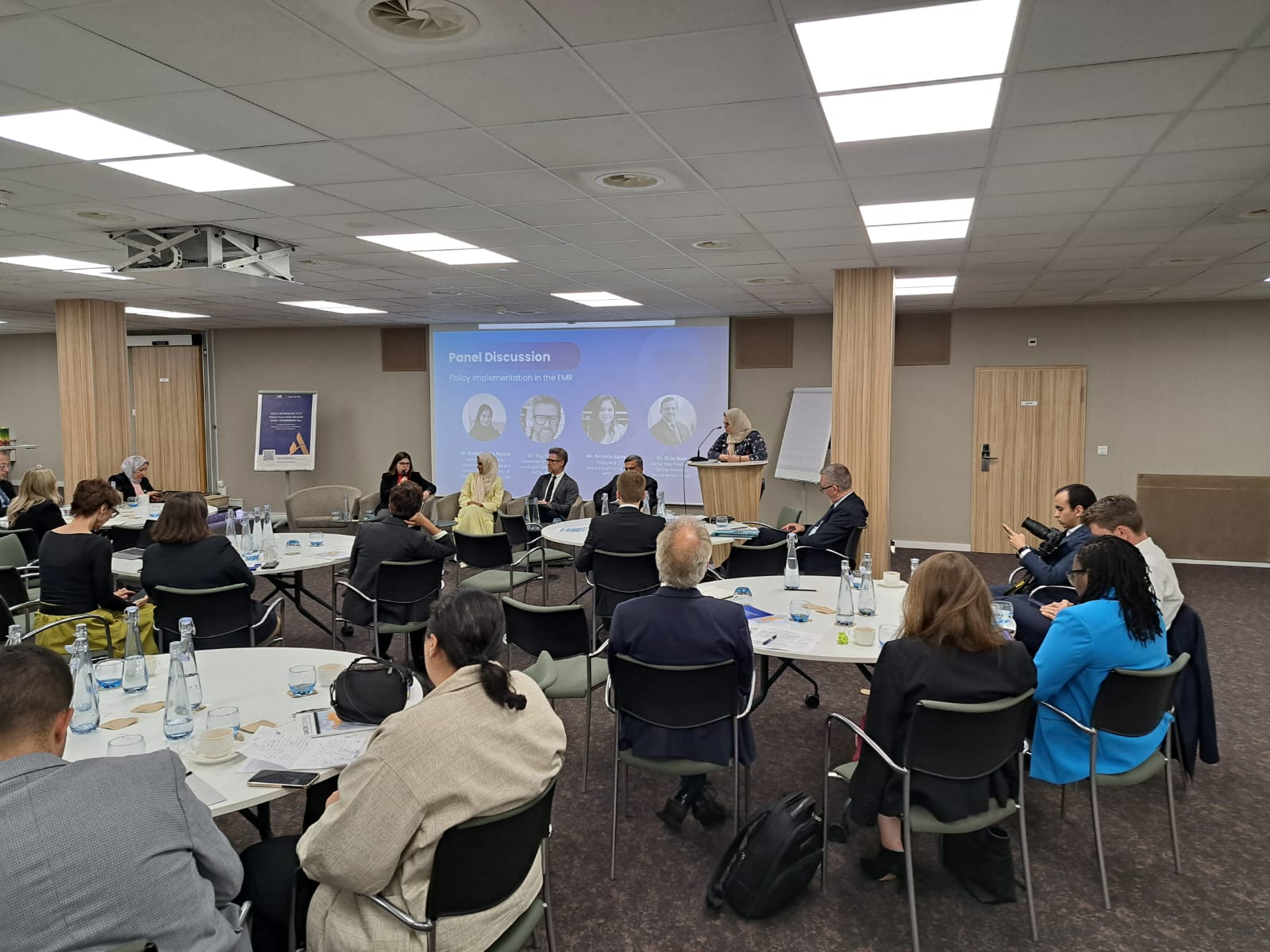
The Eastern Mediterranean Region (EMR) is witnessing a rapidly growing burden of cancer among women, posing a significant public health challenge. Cancer in women in the EMR was a key topic at a conference organized by the Eastern Mediterranean Alliance, held yesterday in Geneva during the World Health Assembly (WHA), with participation from various stakeholders.
Dr. Asmus Hammerich, Director of Non-Communicable Diseases (NCDs) and Mental Health at the World Health Organization's Regional Office for the Eastern Mediterranean (WHO EMRO), highlighted the seriousness of the situation, predicting that the region could record more than 4 million cancer-related deaths by 2040.
Proactive Measures and National Initiatives
Iraq is at the forefront of proactive cancer screening efforts. The Iraqi Minister of Health, Dr. Salih Hasnawi, emphasized the importance of accessible care and treatment for all women in the region. Iraq's national early detection and screening program now includes 64 specialized breast cancer clinics across 18 governorates and three fully equipped mobile radiography clinics.
Egypt is also taking robust measures to combat the high incidence of breast cancer. Professor Dr. Mohamed Hassany, Assistant Minister of Public Health, confirmed that the fight against breast cancer is a key element of the presidential campaign to improve women's health. Dr. Thomas Hofmarcher praised Egypt's screening program as a model, stressing the need to enhance health literacy and active participation from both women and men.
The United Arab Emirates (UAE) has set national key performance indicators (KPIs) to reduce cancer mortality among women by 30%. Their comprehensive strategy includes supporting access to mammograms and introducing the HPV vaccine as part of their national strategy for preventing and controlling NCDs.
In Qatar, electronic medical records in primary healthcare centers facilitate timely vaccinations and cancer screenings, covering cervical, breast, and colorectal cancers.
Regional Collaboration and Recommendations
Regional and global collaborations strengthen the fight against cancer in women in the EMR. The WHO's Global Coordination Mechanism on NCDs works with regional stakeholders to implement transformative interventions. Dr. Ibtihal, President of the Eastern Mediterranean NCD Alliance, emphasized the need to prioritize the cancer agenda in high-level meetings and to bolster cancer initiatives.
The Breast Cancer Report by IHE-IAPO, developed in collaboration with 41 local experts and patient representatives, provides a comprehensive overview of breast cancer care in the MENA region. The report highlights the critical importance of early detection and treatment while addressing diagnostic challenges. Ms. Antonia Gama, Policy and Communication Lead at the International Alliance of Patient Organizations (IAPO), underscored the significant role of patient organizations in accelerating breast cancer care.
Dr. Eliav Barr, Head of Global Clinical Development and Medical Director at Merck Research Laboratories, highlighted the importance of listening to women's needs and effectively implementing their ideas. Similarly, Dr. Shirin Heidari advocated for an intersectional feminist approach to cancer prevention, stressing that most cancer deaths among women are preventable. She called for research data for gender and economic factors to develop equitable early detection and diagnostic strategies.
Dr. Sawsan AlMadhi, the Eastern Mediterranean NCD Alliance board member, emphasized the urgency of strengthening healthcare professional training and moving from global discussions to effective local implementation.
The growing burden of cancer among women in the Eastern Mediterranean region requires urgent and coordinated action. By strengthening early detection programs, improving access to care, and ensuring that women's voices are heard in policy-making, the region can make significant progress in reducing cancer mortality and improving overall women's health. It is imperative that all stakeholders, from national health ministries to global health organizations, collaborate effectively to turn these strategies into reality.








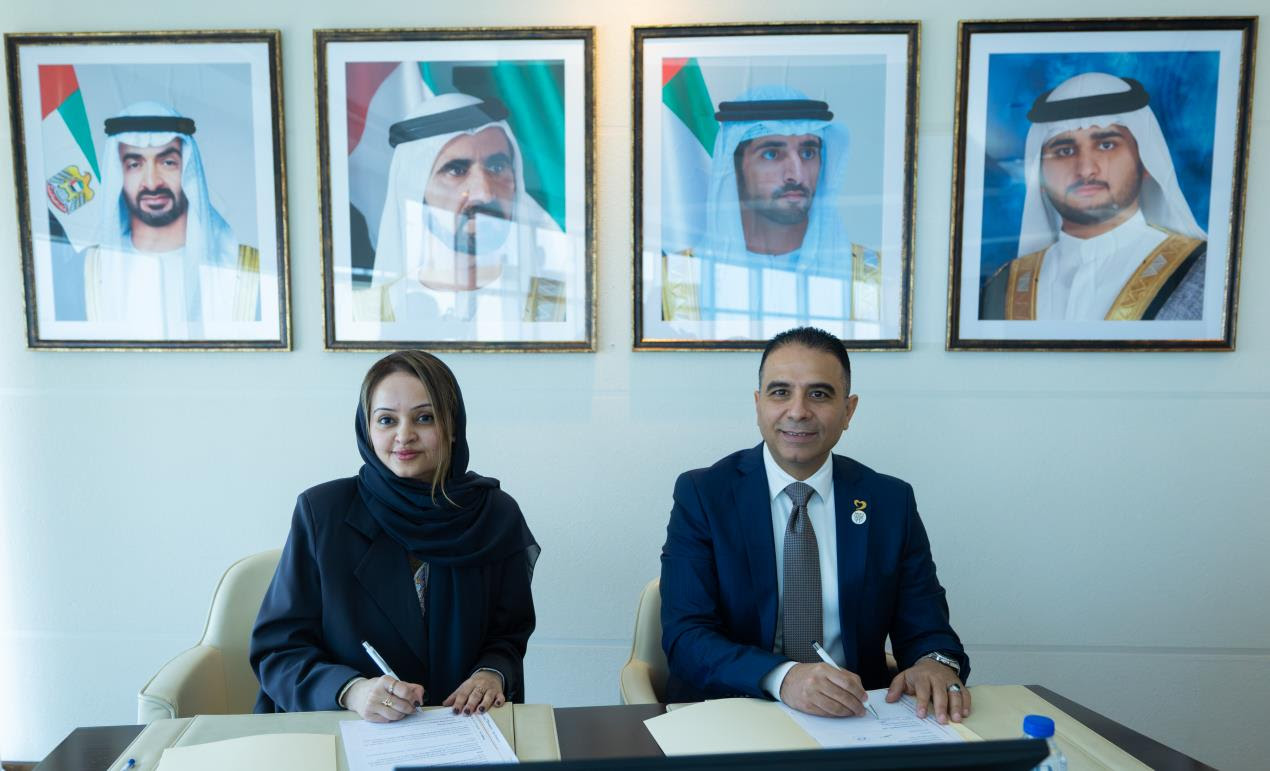







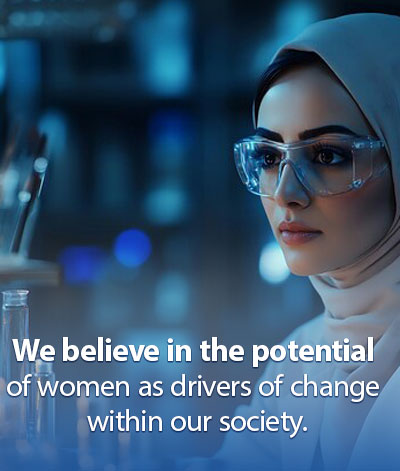



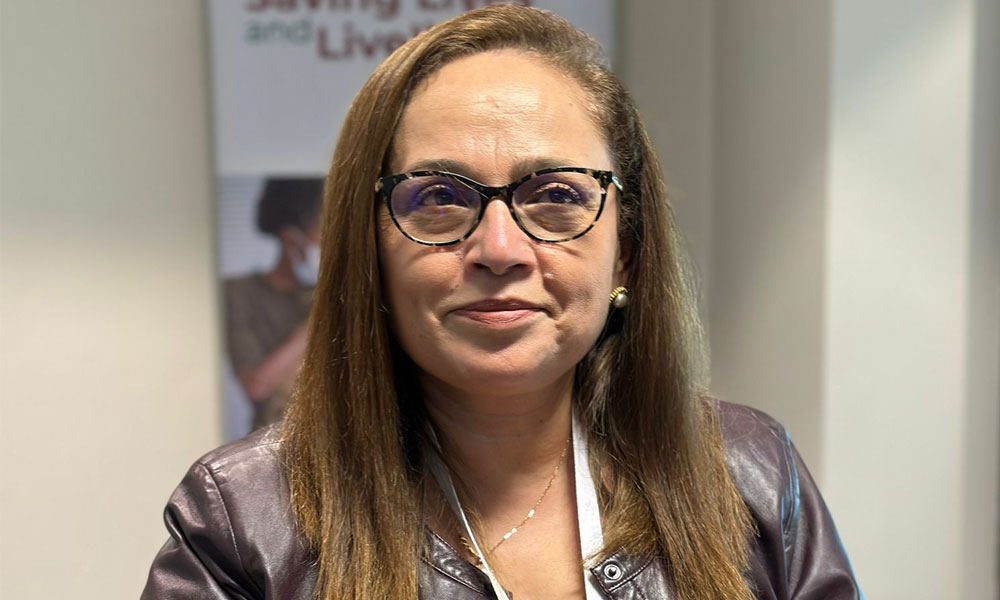
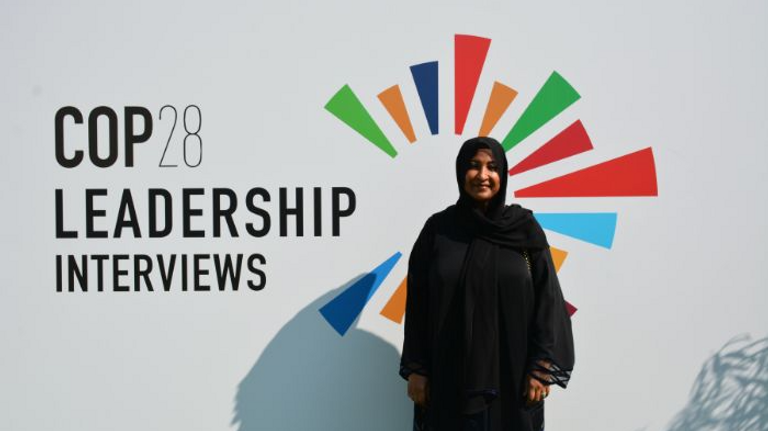
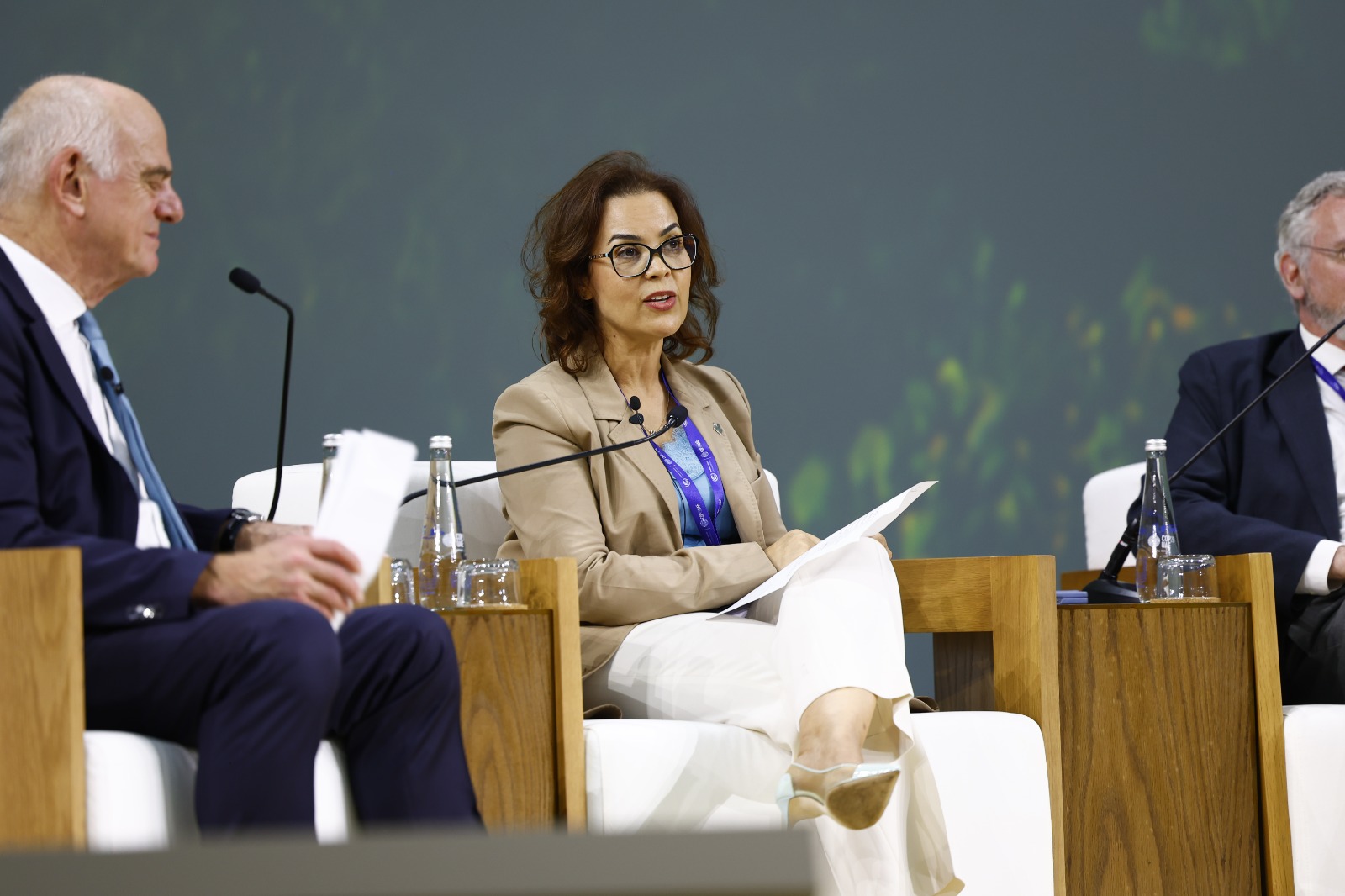
.jpg)




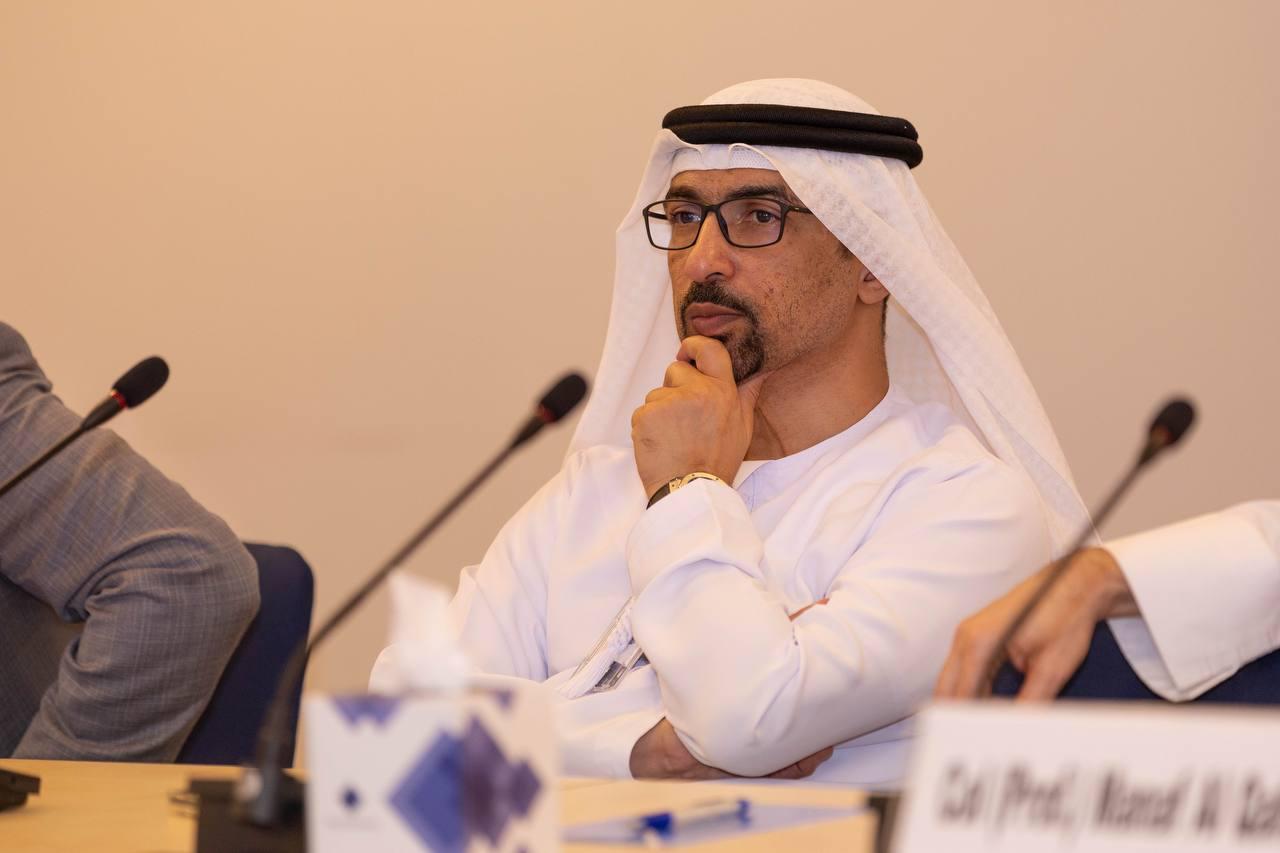

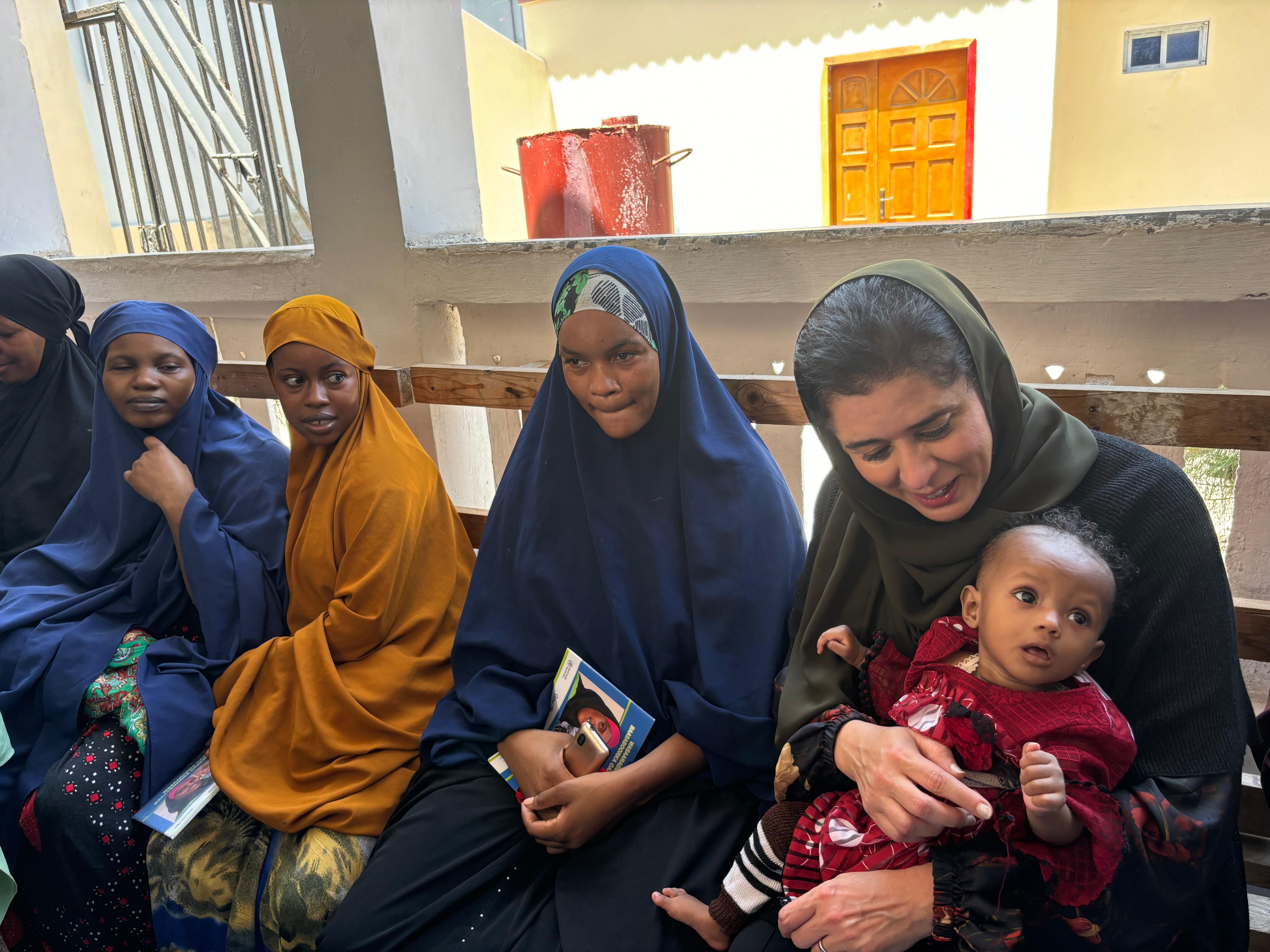
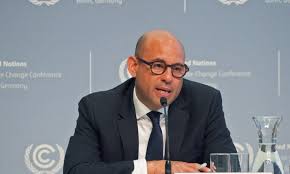

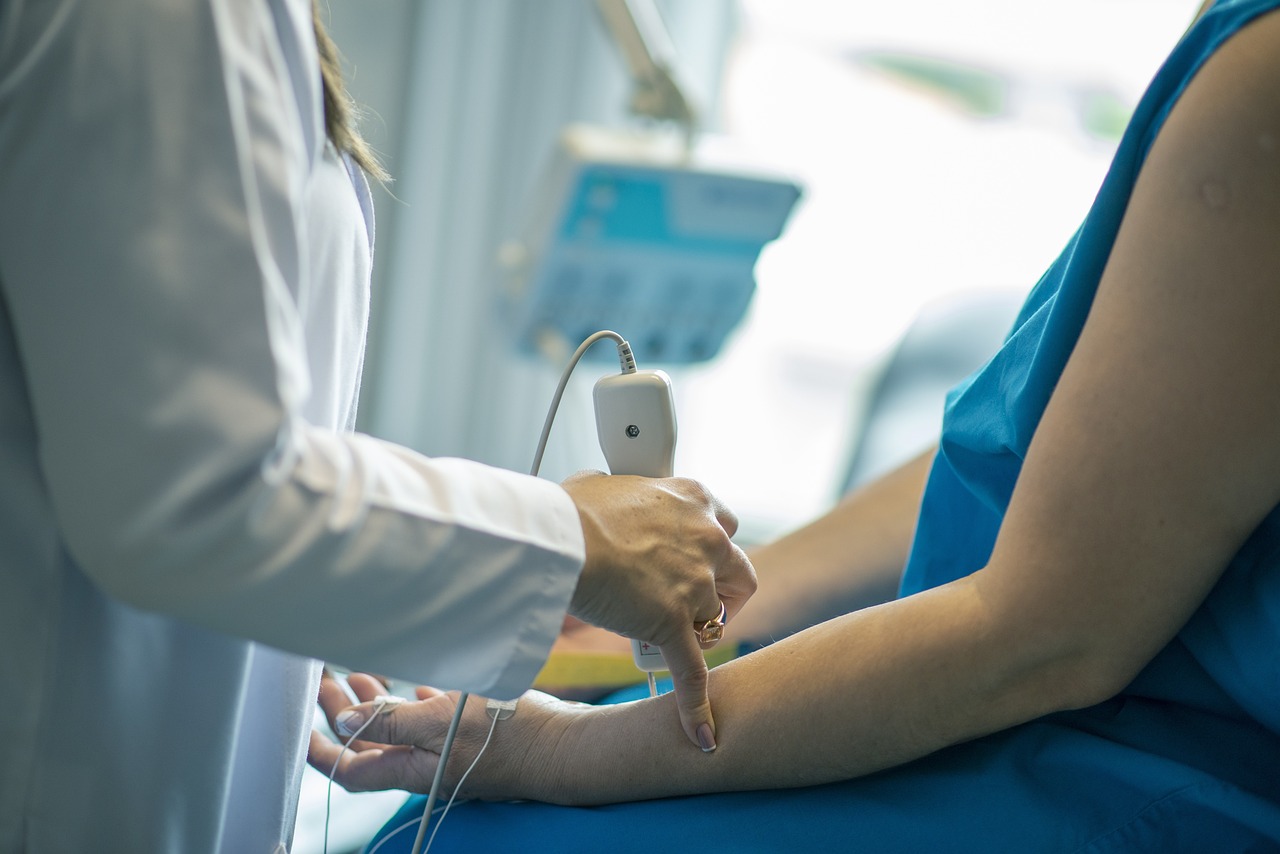
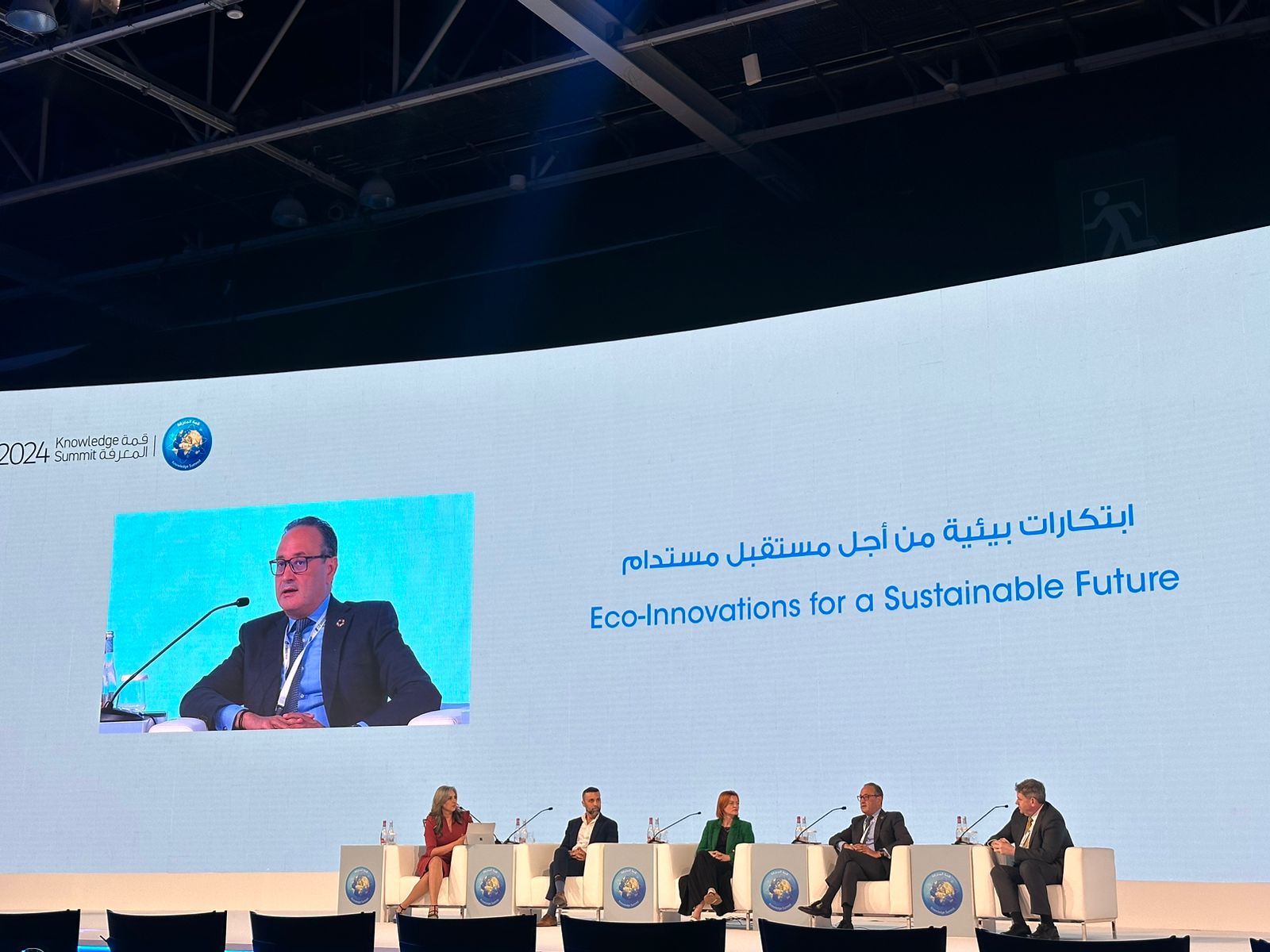
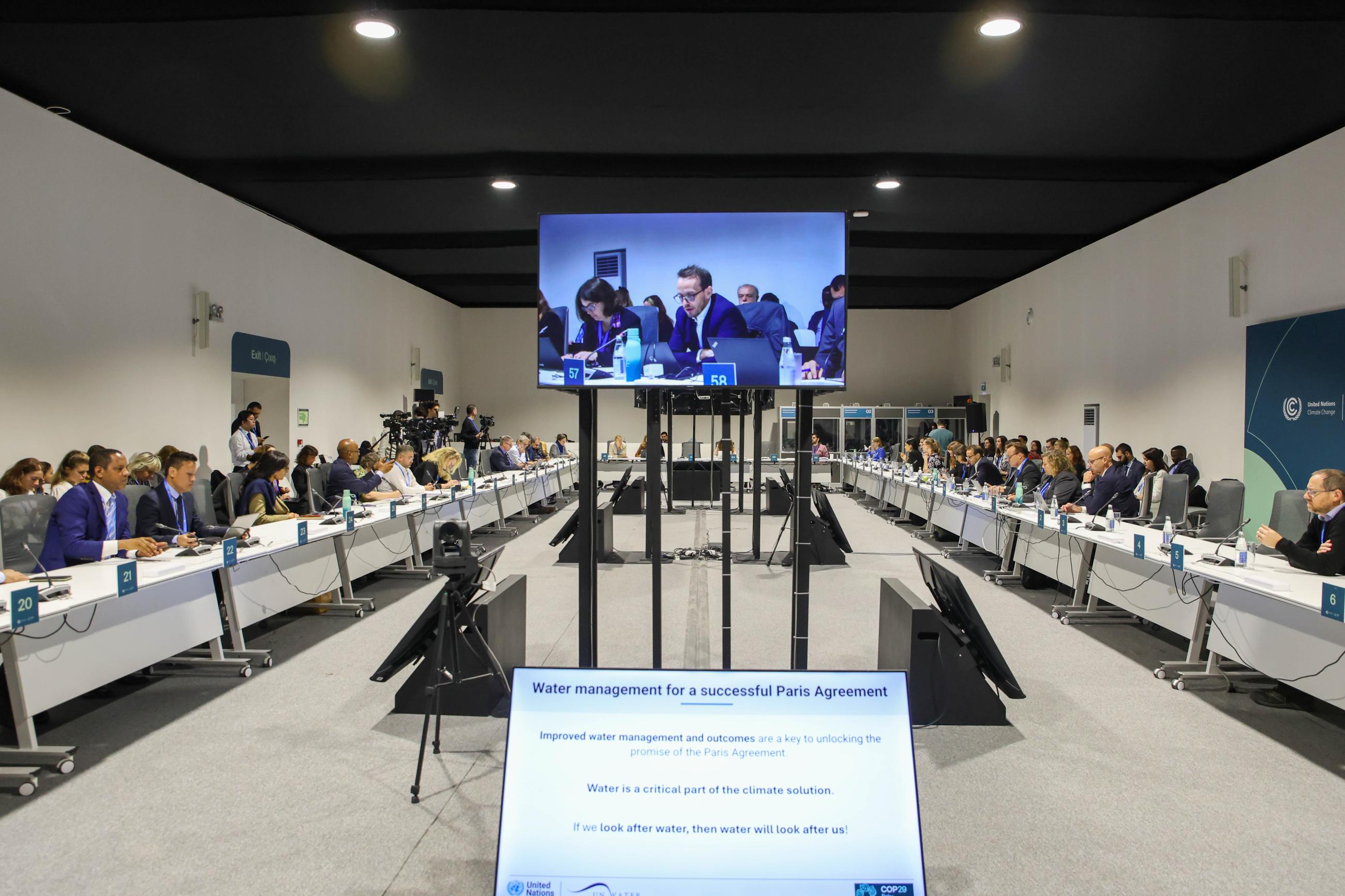
Add Comment